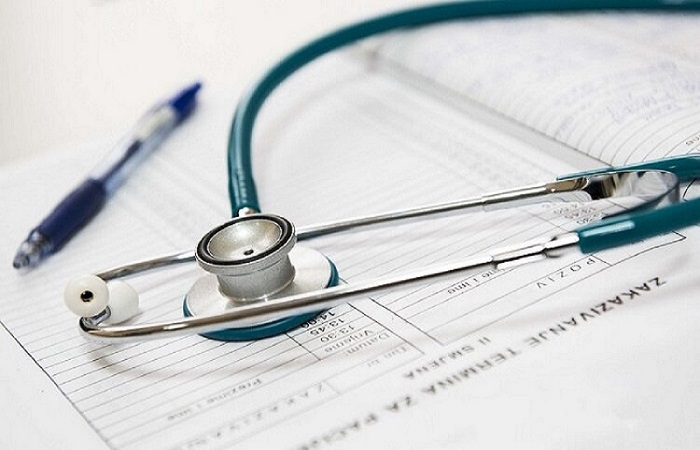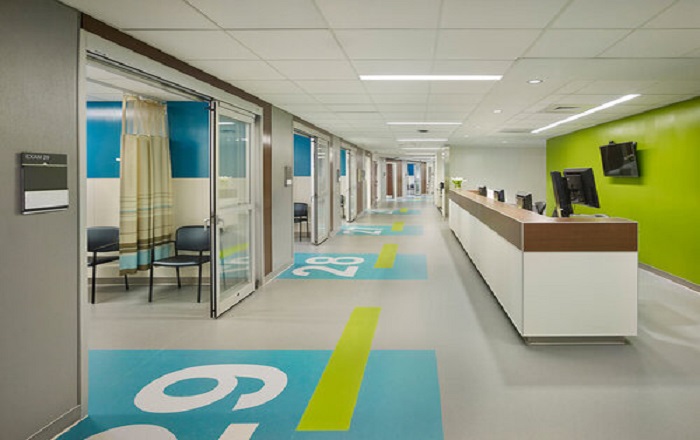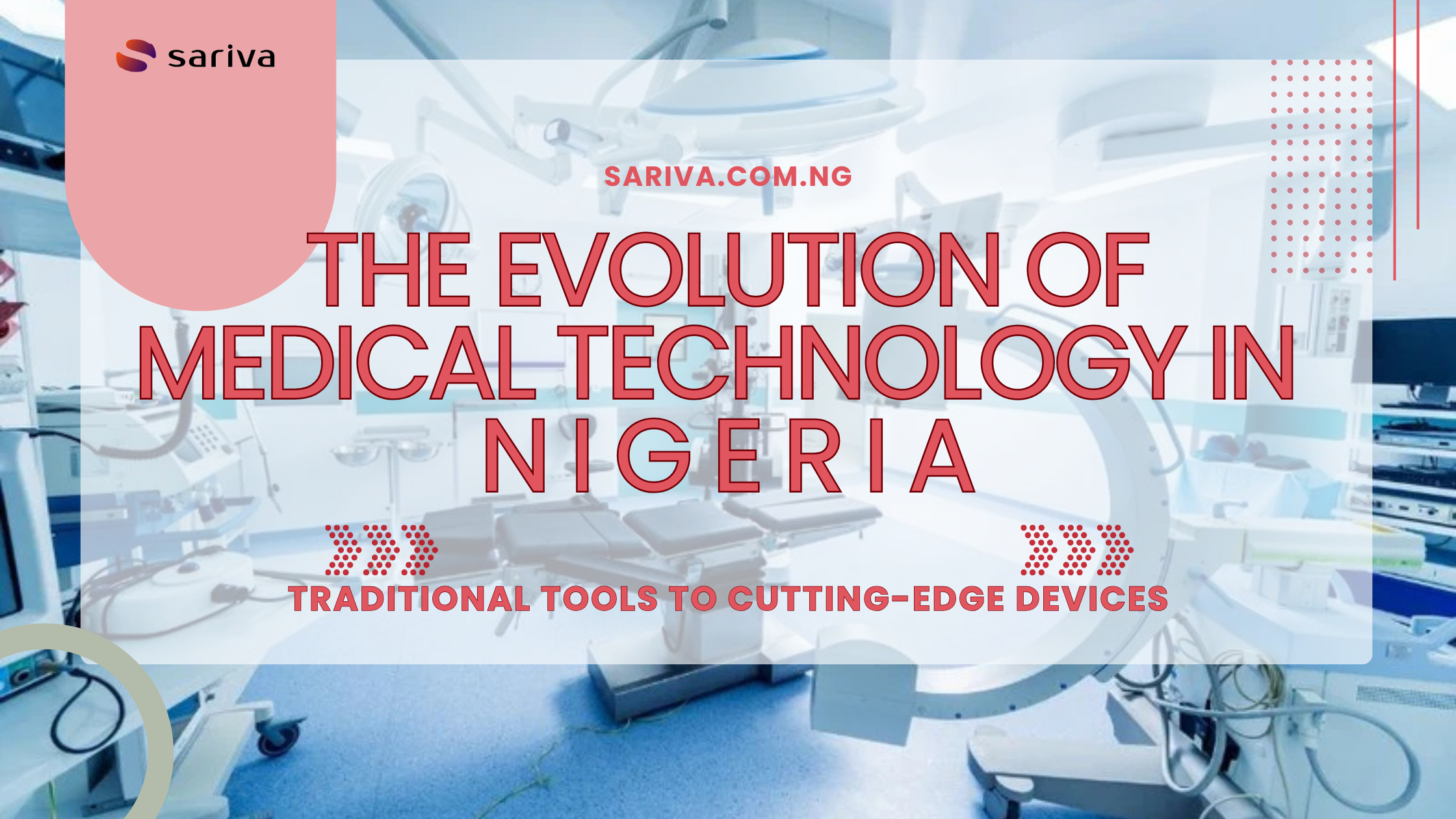
The evolution of medical technology in Nigeria has been a fascinating tale of evolution, adaptation, and resilience. From the traditional tools used by Nigerian ancestors to the advanced devices of 2024, the transformation in healthcare is remarkable. It reflects not only the ingenuity of Nigerian medical professionals but also the increasing investment in healthcare infrastructure and innovation.
Traditional Tools in Nigeria: The Roots of Healing
Traditional healers wielded tools often derived from nature before modern medicine. Instruments such as the calabash and gourds (used for administering herbal concoctions). They played pivotal roles in the healing practices of various ethnic groups in Nigeria.


Traditional Nigerian medicine favored natural resources like plants, minerals, and animal parts to treat various ailments. Herbal remedies were made from Rauwolfia, African mahogany, lemongrass, bitter leaf, and other plants. They were often prepared meticulously as infusions or pastes. This, combined with tools, addressed several ailments ranging from common colds to malaria, and more serious conditions.

Despite the simplicity of these traditional methods, they were effective in many cases. They relied heavily on the knowledge passed down through generations. However, as medical science advanced, the limitations of these tools became evident. This paved the way for integrating modern medical technology into Nigerian healthcare.
The Modern Revolution: A Leap into the Future
Fast forward to 2024, Nigeria’s medical technology landscape radically transformed. Hospitals are now equipped with cutting-edge devices that rival those found in the most advanced healthcare systems worldwide.
1. Advanced Imaging Technologies
The introduction of MRI (Magnetic Resonance Imaging) and CT scans (Computed Tomography) has revolutionized diagnostics. Many facilities in Nigeria like Iwosan Lagoon Hospitals, LUTH (Lagos University Teaching Hospital), Reddington Hospital, Lagos, and Ahmadu Bello University Teaching Hospital utilize these technologies to provide accurate diagnoses, allowing for timely and effective treatment plans.
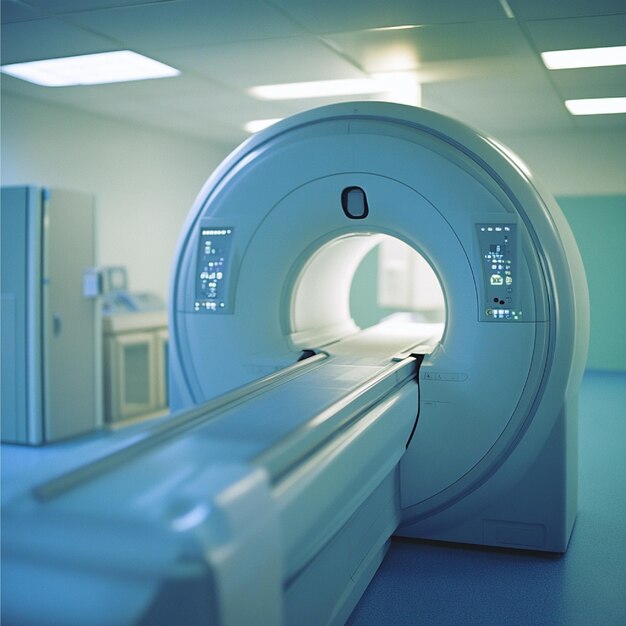
2. Telemedicine: Healthcare at Your Fingertips
Telemedicine is the remote delivery of healthcare services using digital technology. It enables consultations and diagnoses through video calls or messaging from the comfort of your home. The rise of telemedicine has been particularly significant in Nigeria, especially in light of the COVID-19 pandemic. Platforms like LifeBank, Betacare, and HealthConnect247 have made it easier for patients to access medical consultations without needing in-person visits. This technological advancement has improved healthcare delivery, especially in remote areas where hospital access can be challenging.

3. Robotic Surgery: Precision at Its Best
Robotic-assisted surgeries are also making their mark in Nigerian hospitals. Facilities such as Kelina Hospitals, in Victoria Island, Lagos, have adopted robotic surgical systems. They added the services of Dr. Njinou Ngninkeu Bertin, who has performed over 2,000 robotic and laparoscopic prostate cancer surgeries. This enhances precision and reduces patient recovery times. Wellington Clinics Abuja also marked a significant advancement in Nigerian neurosurgical capabilities with Nigeria’s first computer-assisted brain surgery. This innovative approach to surgery reflects a growing trend towards minimally invasive procedures that show the evolution of medical technology as patient-centric.
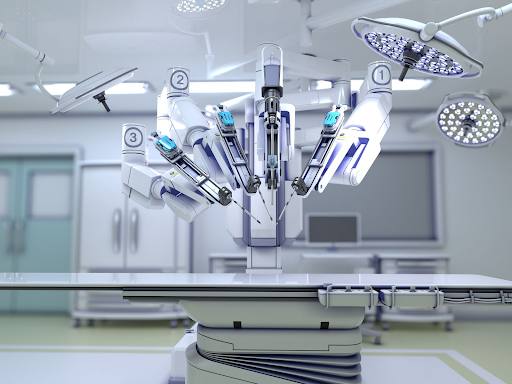
4. Electronic Health Records (EHR)
An Electronic Health Record (EHR) is a digital platform, designed to keep comprehensive patient medical data. It includes personal details, diagnoses, medications, allergies, and laboratory results. The shift from paper-based records to Electronic Health Records (EHR) systems has streamlined patient data management. Hospitals like University College Hospital in Ibadan, Kogi State Specialist Hospital, and General Hospital, in Ikorodu, are in charge of implementing EHR. This allows for better tracking of patient histories, improved care coordination, and enhanced data security.
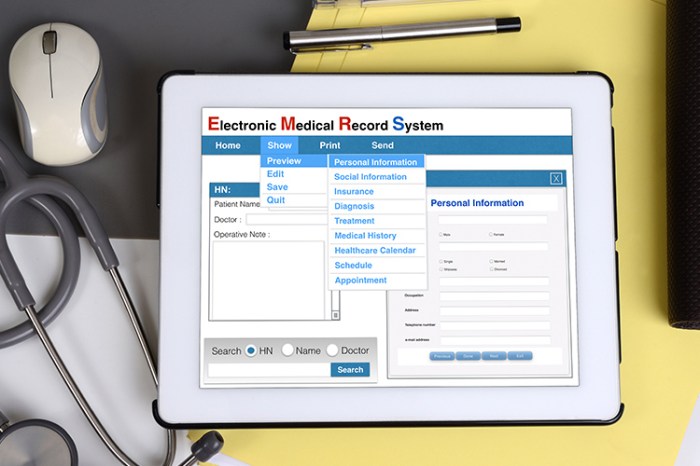
The Road Ahead for the Evolution of Medical Technology: Challenges & Opportunities
While the advancements in medical technology in Nigeria are commendable, there are still challenges. Issues such as inadequate infrastructure, reliable internet connectivity, limited training access for healthcare professionals, data privacy concerns, and high equipment cost hinders progress. Additionally, regulatory frameworks can be adapted to support and govern telemedicine services. However, the commitment of both the government and private sectors to address these challenges is encouraging.
Innovative startups and organizations are stepping up, and developing affordable medical devices tailored to the Nigerian context. Some companies are creating solar-powered healthcare solutions that provide energy to medical facilities in remote areas. This is to ensure that healthcare is accessible to all.
Embracing the Evolution of Medical Technology
The evolution of medical technology in Nigeria is a testament to the country’s potential to integrate tradition with innovation. From traditional tools that served as the foundation of healing passed from generation to generation to the cutting-edge modern trends, Nigeria’s healthcare landscape is poised for further transformation. As hospitals adopt advanced technologies, the focus must remain on ensuring that innovations are accessible and beneficial to all Nigerians.
Every journey begins with a single step. In Nigeria, we are taking leaps, one technological advancement at a time, towards a healthier future. Whether it’s a calabash or a robotic arm, the ultimate goal of healthcare remains the same: to heal and to serve.

